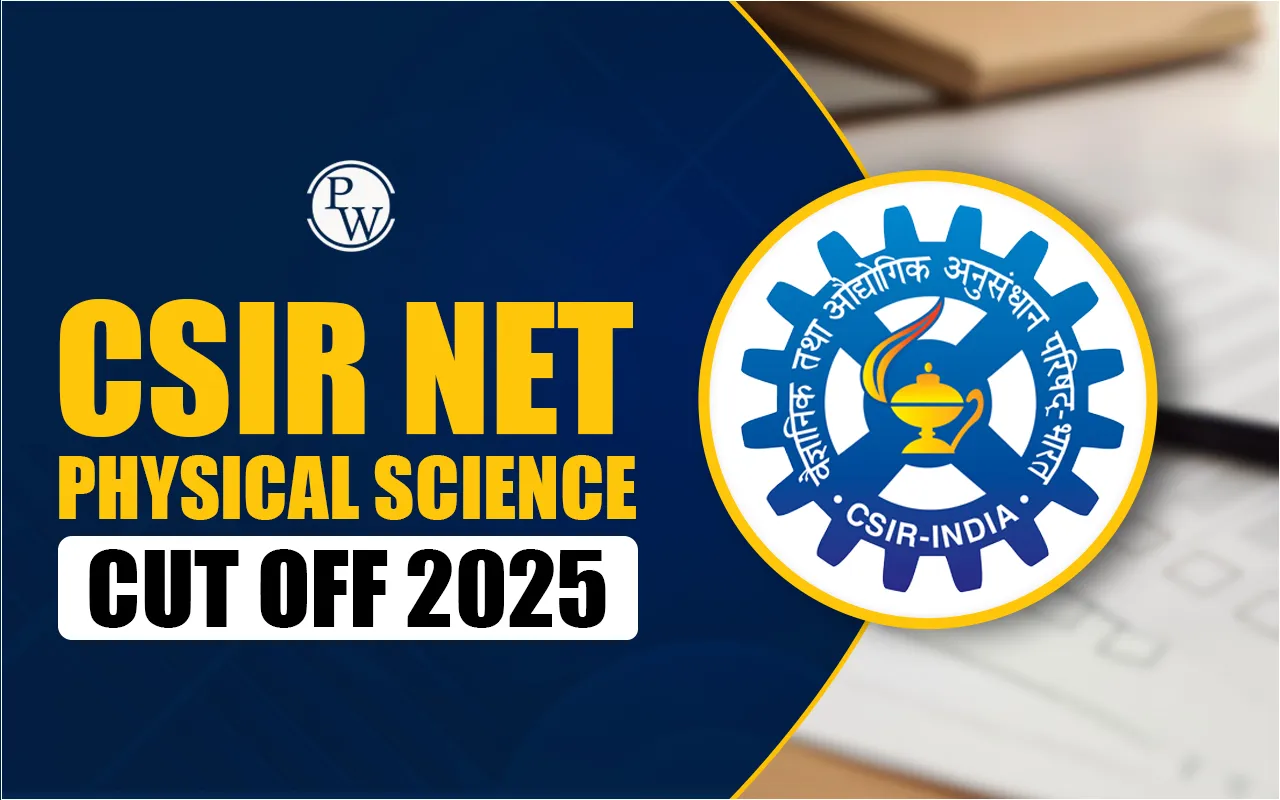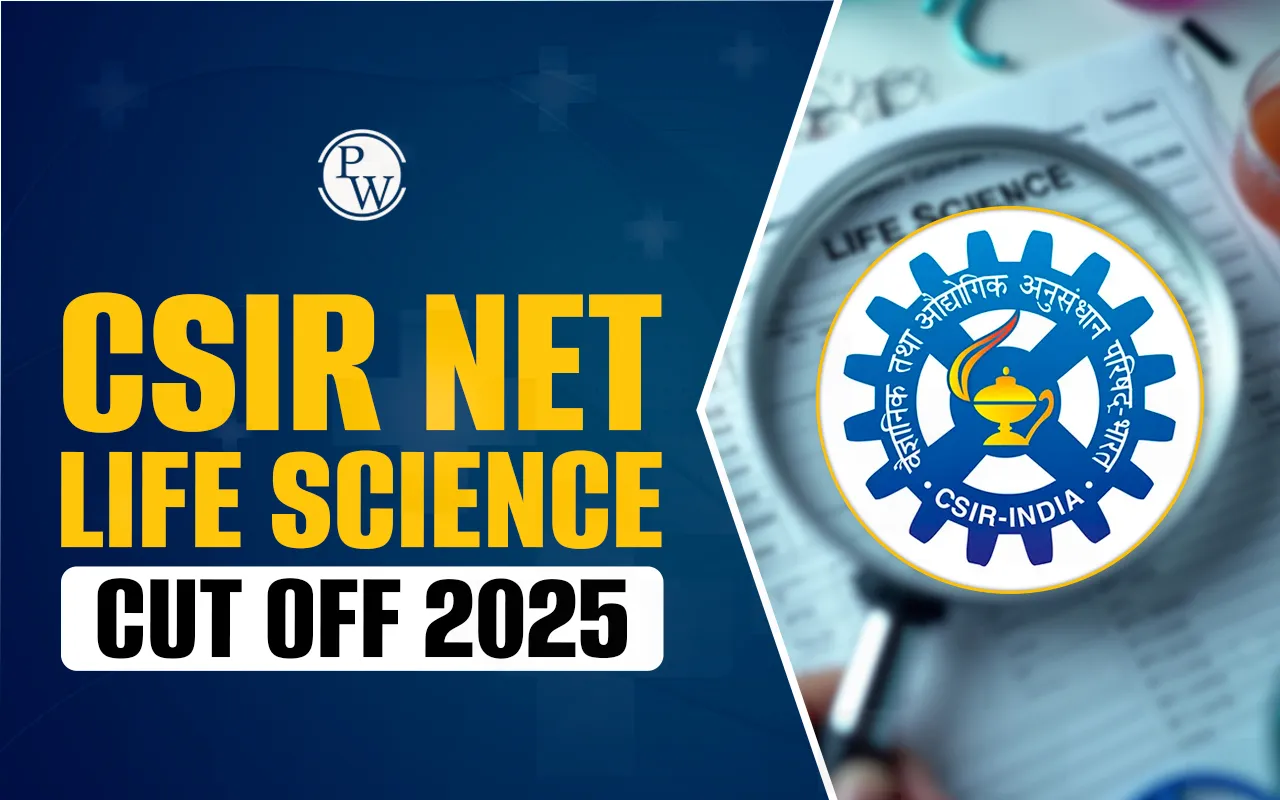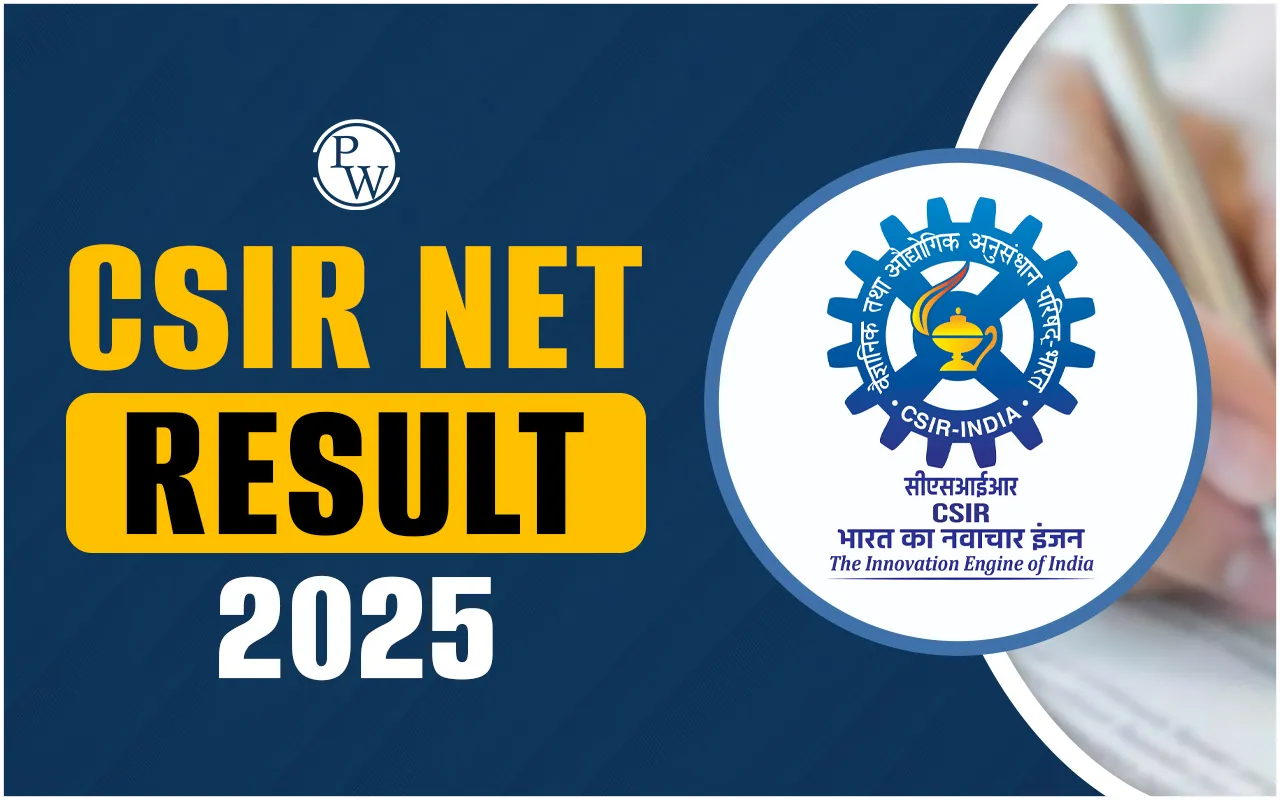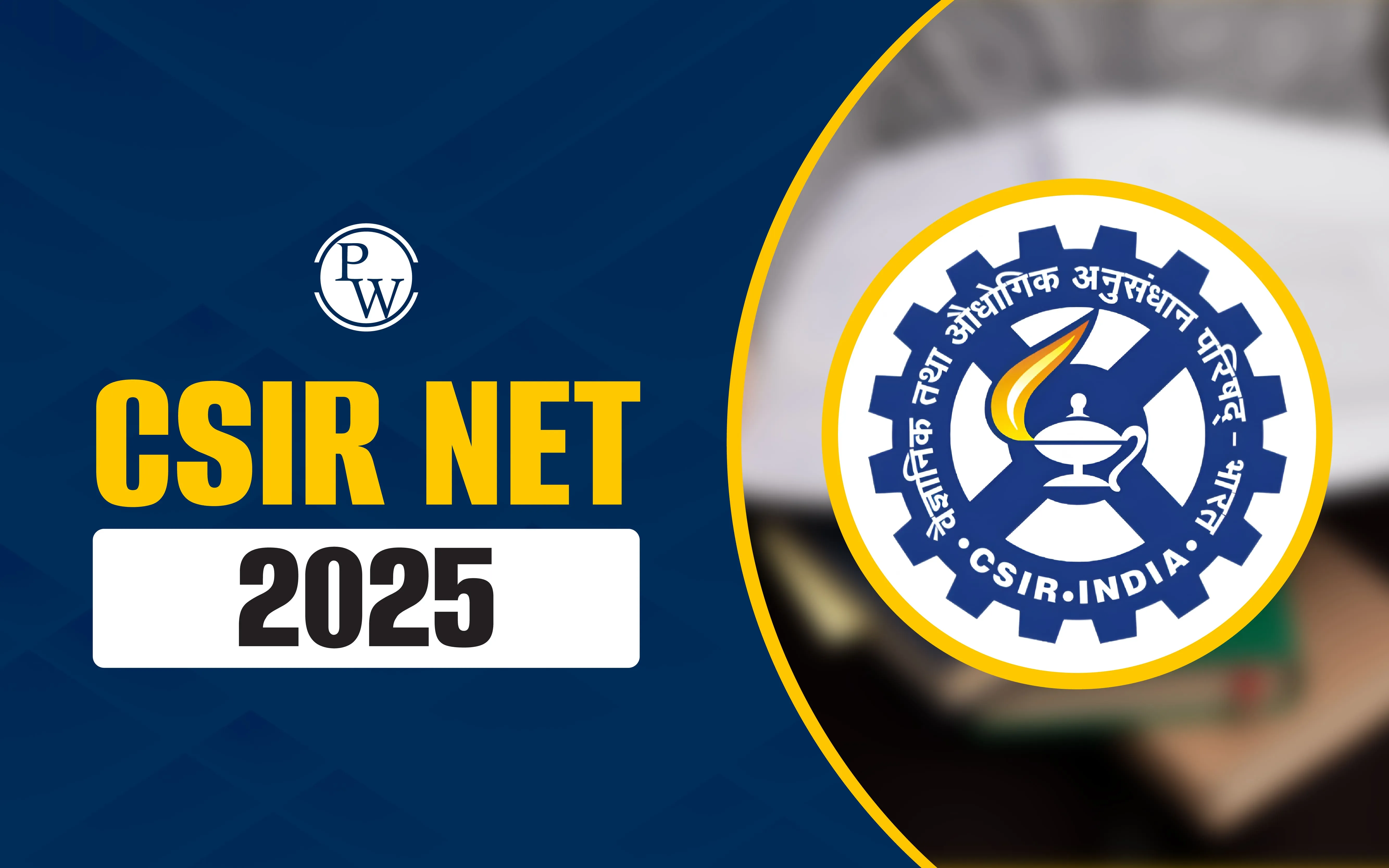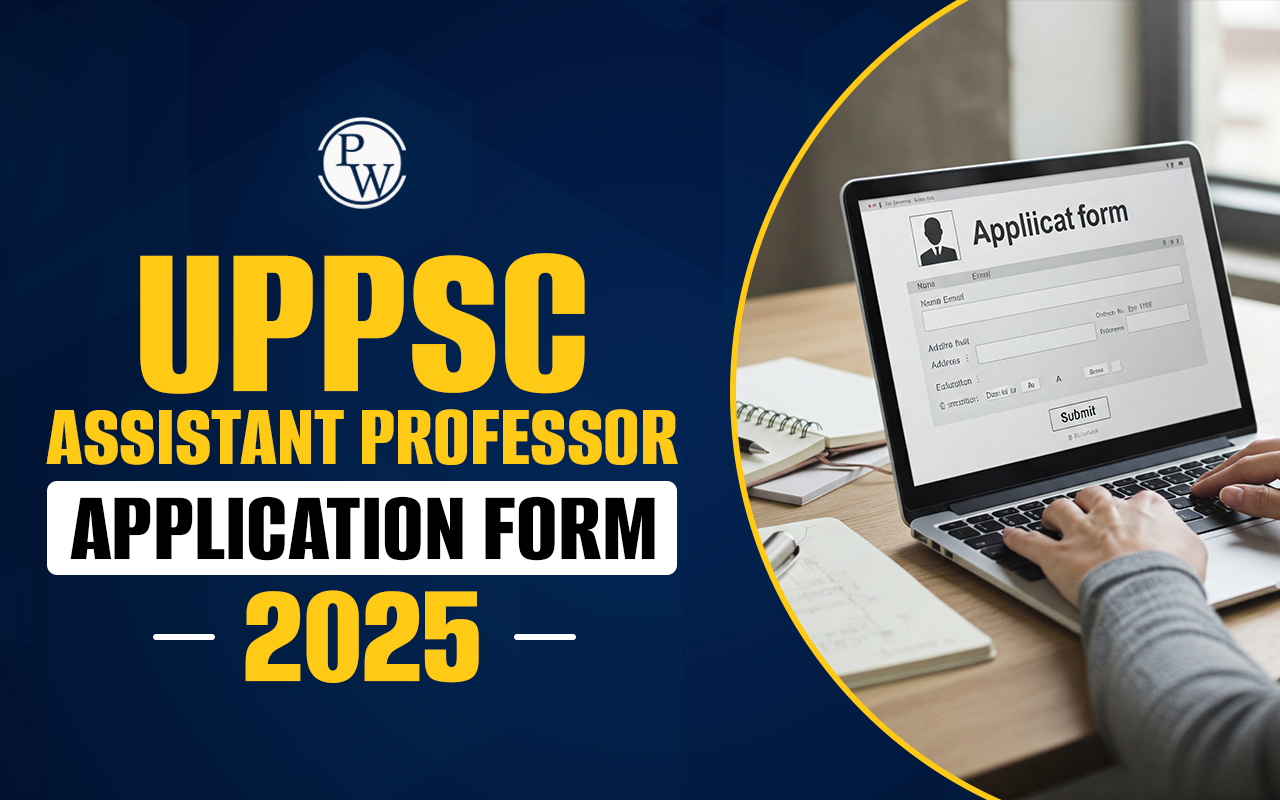
NTET Syllabus 2025: Students preparing for this significant exam have to understand the National Teacher Eligibility Test (NTET) syllabus and exam pattern. A detailed understanding of the syllabus can greatly improve preparation tips for the NTET. The exam is divided into many sections, each of which focuses on a unique aspect of education and the subject matter.
The syllabus for the 2025 National Teachers' Eligibility Test (NTET) covers teaching aptitude, communication skills, classroom management, assessment techniques, educational technologies, and student psychology, with a focus on the special requirements of the Indian System of Medicine & Homoeopathy.
NTET Syllabus 2025 Overview
Postgraduate students who want to work as teachers in the medical area must take the National Teachers Eligibility Test (NTET). Important details about the NTET Exam 2025 are listed in the table below:
| NTET Syllabus 2025 Overview | |
| Important Details | Information |
| Exam Conducting Body | National Testing Agency |
| Application Start Date | 04 June 2025 |
| Application End Date | 23 June 2025 |
| Last Date for Examination Fee | 24 June 2025 |
| Application Form Correction | 25 June 2025 to 27th June 2025 |
| Exam Format | Computer-Based Test (CBT) |
| Duration of Examination | 120 Minutes |
| Exam Level | National |
| Official Website | - |
NTET Syllabus PDF
Students who are getting ready for the NTET 2025 Exam may now get the NTET (National Teacher Eligibility Test) Syllabus 2025 in PDF format. Students can quickly get all the necessary material for their preparation by downloading the NTET Syllabus PDF. The NTET Syllabus PDF can be downloaded by clicking the link below.
NTET Syllabus 2025 (Section Wise)
The NTET Syllabus 2025 helps candidates to prepare well for their NTET Exam 2025 by overviewing important topics. It covers areas like teaching methods, ways to communicate, managing a classroom, assessment methods, and educational technologies. Check the given table for the NTET Syllabus 2025:
| NTET Syllabus 2025 | |
| Section | Topics Covered |
| Teaching & Training |
Teaching: Concept, Objectives, Levels (Memory, Understanding, Reflective) Teaching methods, new approaches Basic teaching skills Learner characteristics (Adolescent & Adult: Academic, Social, Emotional, Cognitive) Factors affecting teaching: Teacher, Learner, Support material, Environment Methods of clinical/bedside teaching Learning styles: VARK (Visual, Aural, Reading/Writing, Kinesthetic) |
| Communication |
Meaning, types, characteristics, and purpose of communication Effective communication: Verbal, Non-verbal, Inter-cultural, Group Barriers to communication Mass Media & Society Teacher-Learner Doctor-Patient communication |
| Classroom Management |
Classroom Management Practical Classroom Management Psychology & Classroom Management Personal Approach to Classroom Management Ensuring Engagement & Motivation in the Classroom Routines & Technology in the Classroom Forming Positive Learning Environments Disciplinary Problems Management Strategies for Diverse Classrooms Managing classroom and other learning environments (clinical, OPD, Practical labs, skill labs, community outreach) |
| Assessment Methods |
Concepts and principles of Learning assessment Evaluation of choice Choice-Based Credit System in Higher Education Computer-based Testing Consideration of Innovations in Evaluation Systems Assessment of clinical competence Role of observation and feedback in assessment Structured oral exam, long case, short case and Objective Structured Clinical Exam (OSCE) Assessment Types: Formative and summative assessment, periodic assessment, etc. |
| Educational Technologies |
Advancement in educational technologies Information and Communication Technology (ICT): General abbreviations and terminology Usage of Internet, Intranet, E-mail, Audio and Video-conferencing ICT and Governance Methods of teaching in Institutions of higher learning: Teacher-centred vs. Learner-centred methods; Offline vs. Online methods (Swayam, Swayamprabha, MOOCs, etc.). Teaching Support System: Traditional, Modern, and ICT-based. |
| Educational Psychology |
Educational psychology as a discipline Role of educational psychology - learning and teaching today Cognitive development: Brain and cognitive development, Guidelines to teaching: Piaget’s theory of cognitive development, Vygotsky's Sociocultural perspective, Bronfenbrenner’s social context, Self and moral development |
| Andragogy in Education |
Meaning of Andragogy Need and importance of Andragogy Principles of Andragogy Characteristics of Adult Learners Competencies of Self-Directed Learning |
| Learning and Pedagogy |
Concepts of Pedagogy Meaning of Pedagogy Steps of Pedagogical Analysis Concepts of Critical Pedagogy Development of the concept of pedagogy Need and importance of Pedagogy Formulations of Learning Objectives Teaching-Learning |
NTET Exam Pattern 2025
Candidates must receive a 50% score on the written exam to be considered NTET qualified. You can prepare for the examination by using the exam pattern, which will help you understand the questions that will be asked. The NTET Exam Pattern 2025 table is provided below for the students' guide:
| NTET Exam Pattern | |
| Component | Details |
| Mode of Examination | CBT (Computer-Based Test) |
| Duration | 120 minutes (02:00 Hours) |
| Type of Questions | Multiple Choice Questions with a single correct response |
| Number of Questions | 100 |
| Maximum Marks | 100 |
| Scoring | +1 for each correct response |
| Negative Marking | No negative marking |
| No Response | 0 for no response or not attempted questions |
| Medium of Paper | English/Hindi |
NTET Exam Preparation Tips
Focus on understanding the syllabus, practising with practice exams, and using high-quality study materials to successfully prepare for the National Teachers Eligibility Test (NTET). Set time management as a top priority, review previous years' papers, and edit often to improve your performance. Complete Preparation Techniques:
-
Understand the Exam Structure and Syllabus: Start by carefully going over the syllabus, marking scheme, and NTET exam format. Learn about the various sections, subjects, and the relative importance of each.
-
Create a Study Plan: Create a well-organised study schedule that assigns specific time for every course and topic. This will guarantee effective time management and help you in carefully going over the full course.
-
Practice with Mock Tests and Previous Year Papers: Take practice exams often to check your level of preparation and to copy the exam environment. Check your performance on these assessments to identify your areas of weakness and concentrate on improving them. You can use this to figure out your strengths and weaknesses as well.
-
Time Management: Practice time management to answer questions quickly within the allotted time, because the NTET can be made up of a computer-based exam.
- Revise Regularly and Stay Focused and Consistent: Set aside specific time in your study program for revision. Note key ideas, formulas, and points clearly for easier, quick revision. Remain dedicated to your objectives and constant in your preparation. Effective learning also requires a healthy lifestyle and regular breaks.
NTET Syllabus 2025 FAQS
Is there any negative marking in the NTET exam?
What are the main topics covered in the NTET syllabus?
What is the NTET exam qualifying percentage?
In which languages is the NTET exam conducted?




